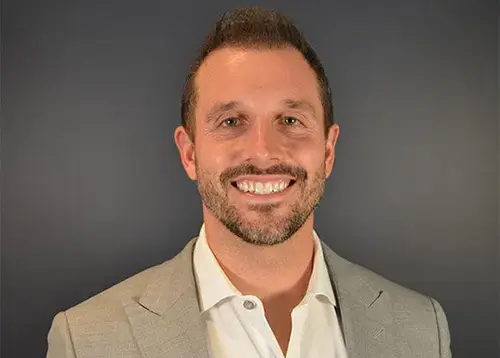Probate-Proof Your Legacy Before New Rules Hit
Keep your Michigan cottage & digital life out of probate so memories last for your family.

Founder / Attorney
As you or a loved one age, healthcare and long-term care costs can become overwhelming. Medicaid can help cover these expenses, but the application process is complex. Learn how Medicaid planning can ensure eligibility while protecting your assets.
Whether you need a will, trust, asset protection plan or are in need of medicaid crisis planning, our team is here to help! We are dedicated to providing you with the best legal representation possible. Call us today to book your consultation.
Meet the Whole TeamWith offices in Rochester and Bloomfield Hills, we’re proud to serve families throughout Michigan. Prefer virtual? We offer video consultations for estate planning, so you can plan from the comfort of home.
Please fill in the form and one of our customer service representatives will be in touch first thing on the next business day.
If you'd rather book a discovery call so you know exactly when to expect a call from our customer success agents, you're welcome to click the link below and find a time that works best for you.
“Their whole team was amazing to work with! The attorneys were very knowledgeable and made it easy to understand. We chose virtual planning process option because it was so much more convenient with my work schedule but they offered to meet in person too of we didn't do zoom. Highly Recommended!”
Keep your Michigan cottage & digital life out of probate so memories last for your family.

Founder / Attorney
Long-term care in Michigan costs over $10K/month—early planning saves your legacy.

Founder / Attorney
Real stories, real solutions. How one Michigan family planned ahead and kept their legacy intact.

Founder / Attorney